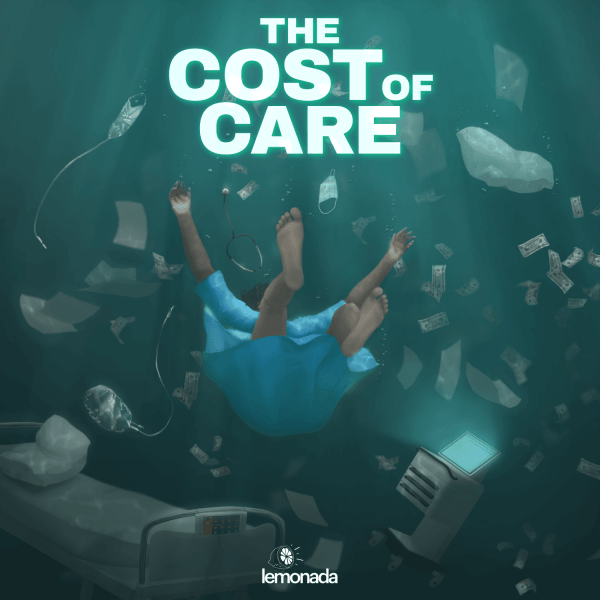Thinking about separating?
Separation/divorce counseling can be useful if you:
If you are nodding your head right now, you are definitely not alone. Roughly fifty percent of married couples will reach the point where living separately feels like the healthiest option.
The decision to separate is not an easy one. By now, you probably have experienced many sleepless nights, tearful discussions, maybe even all-out panic. In the eye of the storm, it can be difficult to see the forward path.
Every relationship has a natural beginning and a natural ending. Some partners remain together until they are parted by death. Others are meant to be together only for a season. In both cases, an important purpose is served.
When viewed this way, separation or divorce is not failure. It instead signifies the maturity of each partner to recognize when a relationship has fulfilled its intended purpose. Separation/divorce counseling can assist you in determining the best next step.
- are tired of fighting with your current partner or spouse.
- believe that the relationship you want may not be possible if you and your partner stay together.
- are convinced you and your partner have exhausted every possible option.
- suspect you and your partner might be happier apart.
- are concerned about the effect of separation or divorce on your children.
If you are nodding your head right now, you are definitely not alone. Roughly fifty percent of married couples will reach the point where living separately feels like the healthiest option.
The decision to separate is not an easy one. By now, you probably have experienced many sleepless nights, tearful discussions, maybe even all-out panic. In the eye of the storm, it can be difficult to see the forward path.
Every relationship has a natural beginning and a natural ending. Some partners remain together until they are parted by death. Others are meant to be together only for a season. In both cases, an important purpose is served.
When viewed this way, separation or divorce is not failure. It instead signifies the maturity of each partner to recognize when a relationship has fulfilled its intended purpose. Separation/divorce counseling can assist you in determining the best next step.
Already separated or divorced? You're in the right place.
Divorce is a 'living finish' so-to-speak. Just as the look and feel of a precious metal changes over time, so too does divorce-related grief.
Divorce grief often maps to important life events. Perhaps either you or your ex has recently gotten engaged or remarried. Maybe someone in the family system has given birth, graduated, become ill or passed away.
When "old" divorce-related feelings return anew, we can feel confused or overwhelmed--even when those feelings are perfectly normal. In fact, these emotions can be a sign that we are ready for a new phase of growth and healing.
Whether it's been ten minutes, ten days, ten weeks or ten years since you and your ex parted ways, if you feel called toward deeper healing, you're right where you need to be. I'm here to help.
Divorce grief often maps to important life events. Perhaps either you or your ex has recently gotten engaged or remarried. Maybe someone in the family system has given birth, graduated, become ill or passed away.
When "old" divorce-related feelings return anew, we can feel confused or overwhelmed--even when those feelings are perfectly normal. In fact, these emotions can be a sign that we are ready for a new phase of growth and healing.
Whether it's been ten minutes, ten days, ten weeks or ten years since you and your ex parted ways, if you feel called toward deeper healing, you're right where you need to be. I'm here to help.
Separation ~ Divorce ~ Death ~ Grief ~ Loss ~ Mid-life issues
Phinney ~ Greenwood ~ North Seattle
AS FEATURED ON
Featured Article
How To Build A Strong Co-parenting Relationship
(Even When You Don't Really Feel Like It)
Compartmentalization is the psychological curtain that slides closed when our feelings get too messy, uncomfortable, or inconvenient. Find compartmentalization and you will often find judgment--for the CEO who delivers inspirational speeches to shareholders from whom he is bilking millions. For the spouse who kisses her unsuspecting husband goodnight before heading downstairs to check the Tinder account. It’s easy to judge compartmentalization when it is used to facilitate subpar behavior.
But every card has two sides.
When used appropriately, compartmentalization can help divorcing spouses build and maintain a constructive co-parenting relationship.
Figuring out how to divide time with children, financial resources, and possessions can be a Herculean task, especially when we neither asked for nor wanted a divorce. Exes can easily become triggers or targets for our anger--sometimes even our rage.
Anger, like all dark emotions, serves a specific purpose.
In divorce, anger can help us forge the distance needed to heal the wounds of loss. Furthermore, when channeled appropriately, anger can fuel the rocket ship that propels us toward a new, post-divorce life.
But here’s where things get tricky.
The most reliable predictor of children’s post-divorce adjustment is how well they are (and continue to be) protected from adult feelings and conflicts.
In other words, the anger we need to feel in order to heal is the very emotion we must filter away from our children and out of our co-parenting relationship. Healthy compartmentalization helps give kids the needed space to work through their own divorce-related feelings, without feeling burdened by ours.
But every card has two sides.
When used appropriately, compartmentalization can help divorcing spouses build and maintain a constructive co-parenting relationship.
Figuring out how to divide time with children, financial resources, and possessions can be a Herculean task, especially when we neither asked for nor wanted a divorce. Exes can easily become triggers or targets for our anger--sometimes even our rage.
Anger, like all dark emotions, serves a specific purpose.
In divorce, anger can help us forge the distance needed to heal the wounds of loss. Furthermore, when channeled appropriately, anger can fuel the rocket ship that propels us toward a new, post-divorce life.
But here’s where things get tricky.
The most reliable predictor of children’s post-divorce adjustment is how well they are (and continue to be) protected from adult feelings and conflicts.
In other words, the anger we need to feel in order to heal is the very emotion we must filter away from our children and out of our co-parenting relationship. Healthy compartmentalization helps give kids the needed space to work through their own divorce-related feelings, without feeling burdened by ours.
HoursM-TH: 8:30 AM - 2:00 PM.
By Appointment Only |
Telephone & Email |
Address503 N. 50th Street
Seattle, WA 98103 |
*Header Photographs courtesy of Josh Martin











